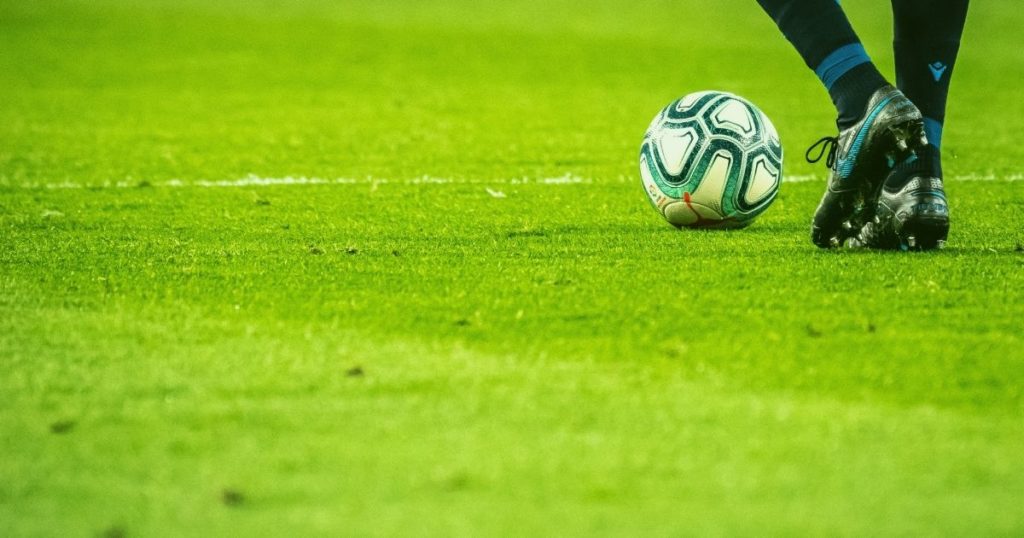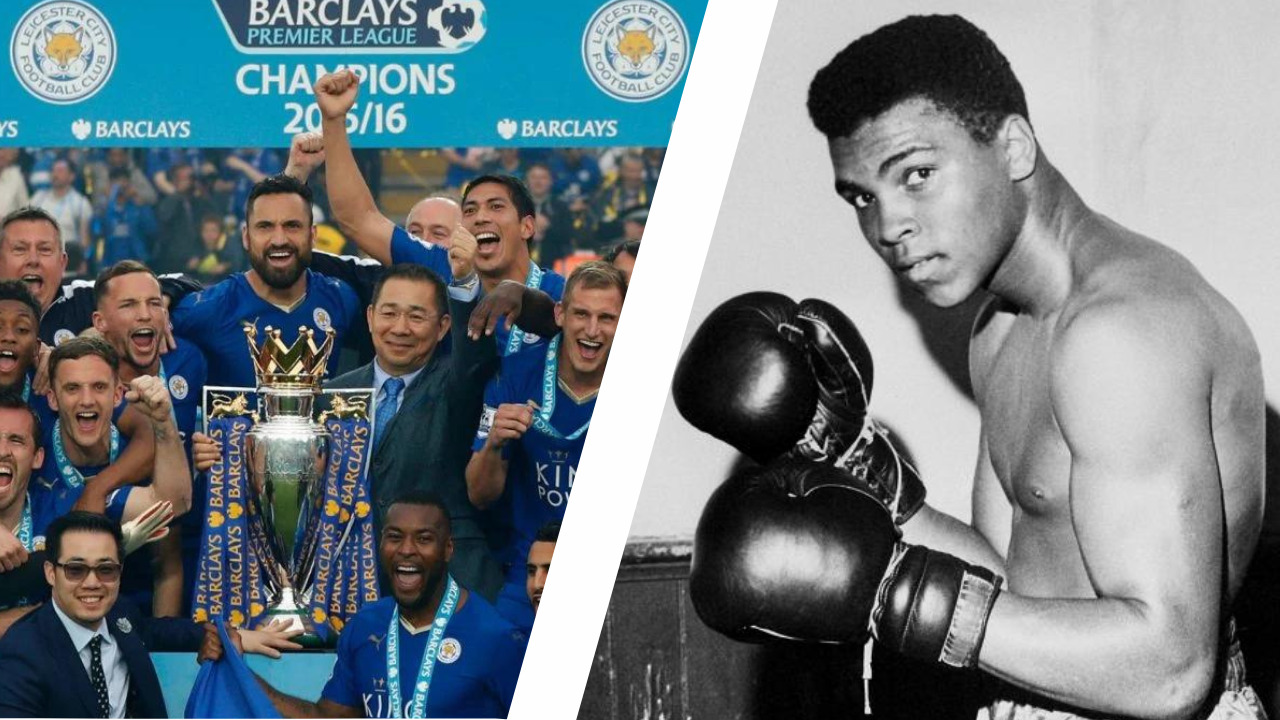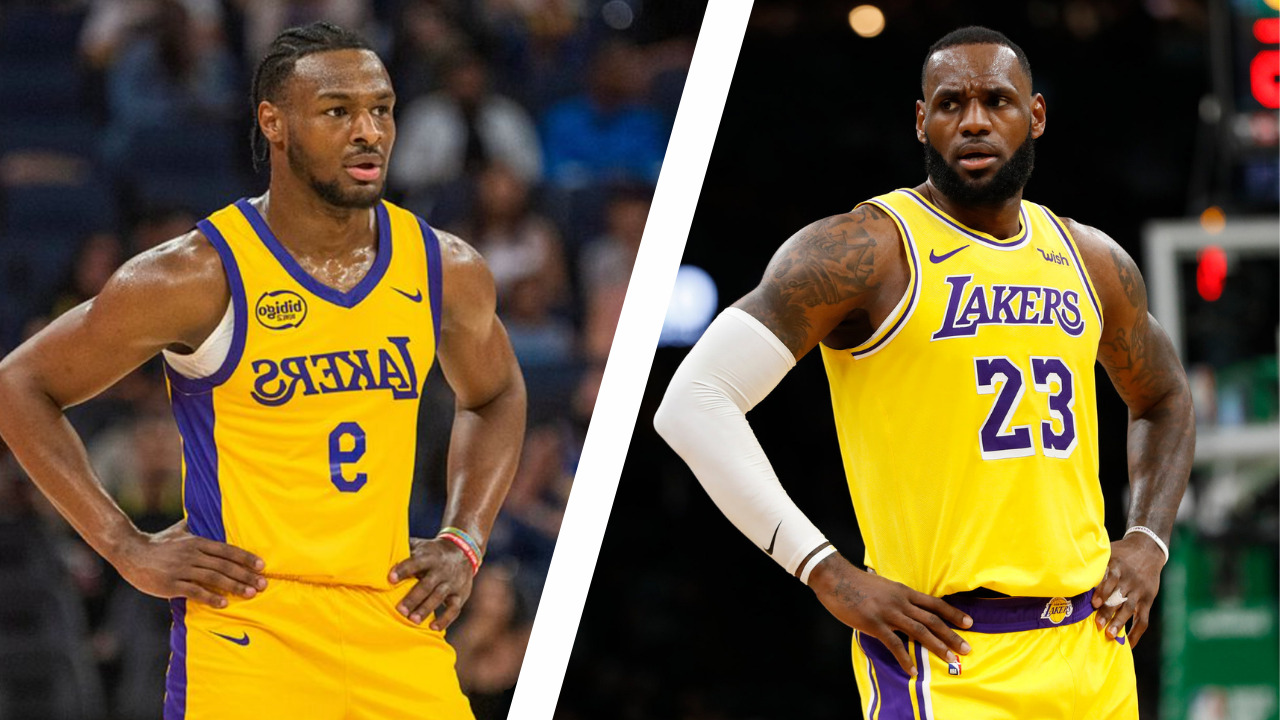What does full time mean in soccer (football)?
In essence, full time in soccer means the game has finished and the three possible results are home win, draw or away win.
Lasting some more minutes is the norm, and there are a bunch of reasons that this happens (we go into detail further down).
Let’s kick off.
How long does a soccer match last?
Normally, a soccer match lasts 90 minutes: it is split into two halves, the first half, as you might have guessed, lasts 45 minutes and equally the second half last, the same amount of time.
But depending on the time wasted during each half time extra time (usually three to four minutes for each half time) is added which means that a game drags on a bit longer than 90 minutes.
And there’re some special occasions when a football game lasts 120 minutes.
What is a full-time score?
In a nutshell, a full-time score means the final score of the game. For example if Inter play against Roma and the score 90 minutes of play is 1-3 it means this is the full-time score of the game.
Why do soccer games last longer than 90 minutes?
As mentioned above there are a bunch of various reasons that a football match drags on longer than 90 minutes. We discuss them in depth below.
Goal celebrations: They can take up some of the playing time and usually see the scorer running in ecstasy to one of the corners of the pitch followed by his teammates to celebrate the goal with the supporters. How long do celebrations last? It depends on the stage of the game and the impact the goal makes on the game, but typically don’t last longer than a couple of minutes.
⚽️ JOIN OUR TELEGRAM FOR FREE LIVE PREDICTIONS ⚽️
Substitutions: This another part of football that establishes the game as the king of sports as teams are allowed to change three players from their starting team, allowing soccer managers to bring fresh legs on or change formations and thwart the opposition’s attempts for goal or take their chances in front of the goal by creating more chances. But when teams go ahead with their substitution playing time is wasted while players walk off and on the pitch. Refs keep an eye on the time spent on them and add it to the end of each half.

Wasting time: This is when football players put their acting skills into action to waste playing time aiming to slow down their opponents who have probably built momentum and it’s likely to score a goal soon. A common tactic that even top top teams adopt to waste time is to make a very late substitution to interrupt the game and also give the winning time to take a breath with the player asked to do a ten to fifteen minutes warm up to get only a couple of minutes playing time.
Treatment stoppages: Players often pick both serious and minor injuries in a football match, but in both cases the injured players need treatment. In case the injury is serious the team’s head doctor comes on the pitch and assesses whether the player can carry on or they should be substituted. When the injury is minor, the doctor still comes on and gives the player treatment, so they can continue playing.
VAR checks: VAR is a relatively new concept introduced to soccer and gives the ref the chance of rechecking unclear moments of the game so the ref can assess the situation better and make better decisions. But this means when he checks those situations the game is paused and everyone is waiting on the ref’s decision. So, extra time is added when there are such occasions in a football game.
Fan invasions on the pitch: It’s more common to see this happen in national team tournaments like the World Cup or domestic league cup finals when a fan manages to sneak on the pitch and run around trying to escape from the security. They are often captured, but since he walks onto the pitch the play is paused and time is going to be added at the end of the half.
What does extra time mean in soccer?
You’ll come across games that go to extra time that are part of a tournament.
In league games like the Premier League, Serie A or La Liga the game lasts 90 minutes plus the additional time which is usually three to four minutes in each half.
⚽️ JOIN OUR TELEGRAM FOR FREE LIVE PREDICTIONS ⚽️
At the end of the game the winning side gains three points or one for each team if the draw was the final result and the team that collected most of the points throughout the season wins the league. But for competitions like the Champions League, World Cup, Copa America there are knockout games, and when the draw is the final result the winner still should be decided.
So, the teams play two halves of extra time which last 15 minutes each; in total such a game lasts 120 minutes, and in case there’s no team scoring the most goals, the game goes to penalties.

What was the golden goal
Golden goal was a way of deciding the winner in the extra time.
So, when 90 minutes were played and there was no winner, the game in tournaments would go to extra time but teams wouldn’t necessarily play two periods of 15 minutes; the team that scored the next goal would win the game and automatically the game was over.
For example France vs Costa Rica for the World Cup the score is 1-1 after 90 played, the teams go to extra time and France score their second on the 103rd minute.
The game automatically ends and France is the winner of qualifying to the next round.
How long does the break between the two half times last?
The break between the two halves lasts 15 minutes.
This is a vital moment in almost every football game, players get a rest and it’s also a great time for the manager to point out possible mistakes they made in the first half and give them a pep talk which is another factor that boosts players’ confidence.
Funnily enough, the movie ‘15 minutes that shook the world’ focuses on the 15 minutes break between the two halves in the Champions League final between Liverpool and Milan in 2005 and what was going on in Liverpool’s dressing room who were losing 3-0.
Many things probably changed in those 15 minutes, so like we said the break between the two halves can make a massive impact on the game.

What happens after full time in soccer?
After the end of the game players go back to the dressing room when the manager is going to talk to them and reflect on the game, so the team improves over time. After that many of the players often come on the pitch and do some light running to let their muscles relax; it’s a great method of eliminating muscle injuries and staying fit.
Do bets count after 90 minutes?
It really depends on what you bet on, if your bet was on the final score then yes the bet counts within 90 minutes.
But if you went for a special bet and you predicted that a game is going to go to extra time then the bet counts after 90 minutes. Say that you placed a bet on Italy’s win against Belgium in the extra time for a World Cup game and the score after 90 minutes is 1-1.
If Italy scores in the extra time and wins in the extra time you’re going to win this bet.
Bottom Line
Soccer is a great sport to watch and it’s key to being aware of what full time means, so you can tell whether you’ve won the bet or not. Since you managed to make it to the end of the article we hope you learned one thing or two about football.

Place your bets on BetUS or MyBookie for USA residents.
For people outside of USA use BetWinner (Get 130% bonus).
For more sports bets join our Telegram channel or follow our bettors on Twitter.
Open the Betting or Sportsbooks section for more articles and reviews.








